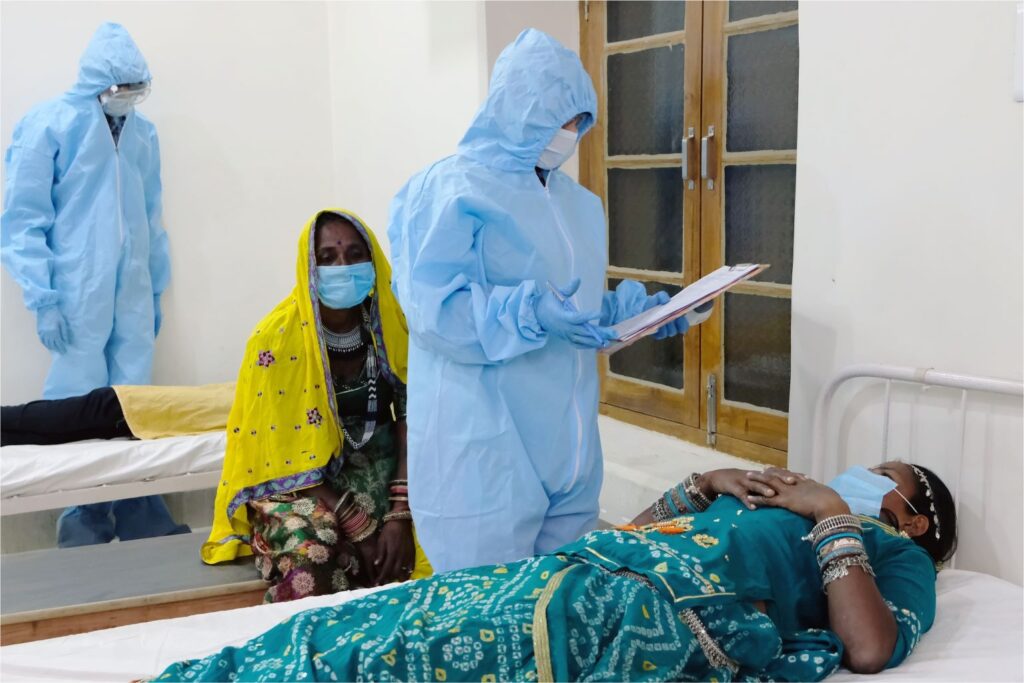
India’s National Institute of Virology (NIV) is sequencing and isolating four new sub-variants of Omicron linked to the country’s recent rise in Covid-19 cases, the institute announced.
According to Dr Naveen Kumar, director of the Pune-based NIV, under the Indian Council of Medical Research (ICMR), the effort will help evaluate the current vaccines’ effectiveness against these emerging variants.
An increase in COVID-19 cases was observed starting in mid-April. Genome sequencing across India has now identified four key subvariants — LF.7, XFG, JN.1.16, and NB.1.8.1 — as drivers of the surge.
Also Read | XFG COVID-19 variant part of virus’s natural evolution: Former ICMR chief
“Genomic analysis shows the recent spike was initially driven by the JN.1.16 sub-lineage of Omicron, which has now largely been replaced by the XFG recombinant variant,” Dr Kumar said.
The newly sequenced genomes have been submitted to both the Indian Biological Data Centre and the Global Initiative on Sharing All Influenza Data (GISAID).
“Scientists at NIV are actively sequencing and isolating these variants,” Dr Kumar added. “If required, isolation of the current strain can help in updating vaccine formulations. But so far, these strains appear to cause only mild disease.”
Currently, India has two monovalent Omicron-based vaccines: Corbivax (Biological E Limited) and COVOVAX (Serum Institute of India). Health authorities will decide whether to update these after further review.
The country’s active Covid-19 caseload has declined slightly to 5,608 on Friday. Most cases continue to be mild, with patients recovering under home care. Kerala remains the worst-hit state, followed by Gujarat, Karnataka, and Delhi, according to Health Ministry data.
Authorities have instructed all states to ensure oxygen availability, isolation beds, ventilators, and essential medicines to manage any potential spike in cases.








